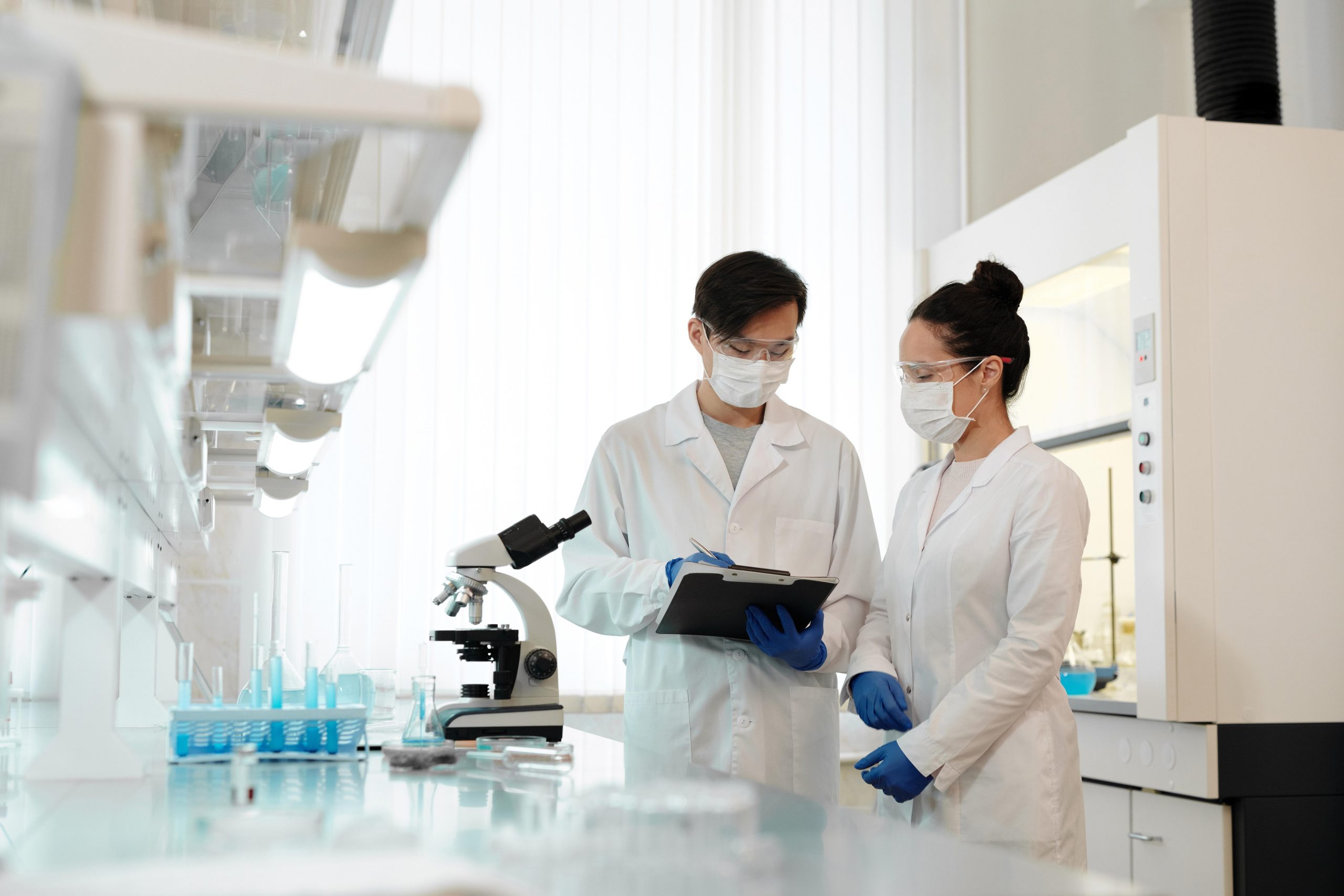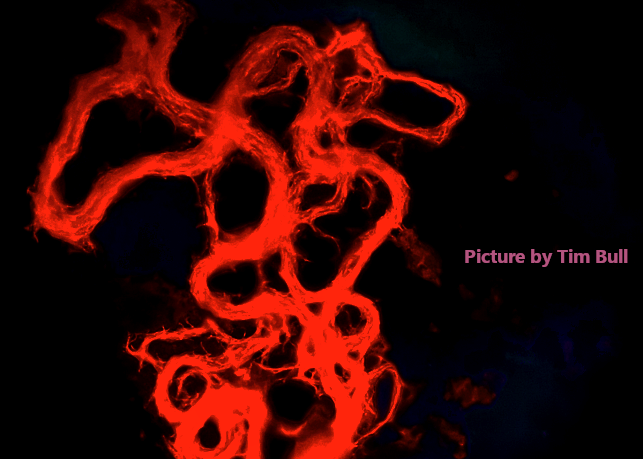NHS England InHIP Programme, Dorset Integrated Care System Cancer Programme, NHS Dorset, Wessex AHSN, and Wessex Cancer Alliance partner with C the Signs to take an innovative approach to improve cancer outcomes and tackle inequalities across Dorset.
Collaboration to Boost Early Cancer Detection and Treatment
In a groundbreaking partnership, the Dorset Integrated Care System (ICS) Cancer Programme, Wessex Cancer Alliance (WCA), and NHS Innovation support organisation Wessex Academic Health Science Network (Wessex AHSN) have joined forces with C the Signs, an early cancer detection system, to enhance cancer survival rates and address healthcare disparities. This initiative is made possible with support from NHS England’s Innovation for Healthcare Inequalities Programme (InHIP).
Early Detection for Better Outcomes
C the Signs will be implemented across GP practices in Dorset to assist in identifying patients at risk of cancer at its earliest, most treatable stage. Covering a wide range of cancer types, C the Signs employs artificial intelligence in conjunction with the latest medical guidelines and research to aid healthcare professionals in recognising the earliest signs, symptoms, and risk factors associated with cancer.
Dr. Simon Wright, C the Signs Clinical Lead and GP Fellow, highlighted the significance of this tool, stating, “C the Signs has the potential to really help GPs and their primary care teams in all aspects of patients’ cancer journeys. This includes detection, referral, and post diagnosis monitoring, as well as assisting with monitoring the return of diagnostic tests such as the faecal immunochemical test (FIT) [a stool test that can identify patients who are a higher risk of colorectal cancer]. The decision support tool assists in those cases where the correct pathway might not be so clear and will help ensure patients are referred on the right pathway at the right time,”
Aiming for Timely Referrals
The collaboration aligns with the NHS Long Term Plan’s ambition to diagnose 75% of cancers at an early stage by 2028. This goal is particularly crucial in Dorset, where an aging population faces one of the highest cancer rates in the UK. Early detection significantly increases the chances of survival, with over 90% of patients surviving colorectal cancer for five years or more if diagnosed early, compared to less than 10% with a late diagnosis.
Alex Geen, Head of Dorset ICS Cancer Programme, emphasised the importance of supporting primary care teams in detecting cancer at an earlier stage, particularly in areas with a higher risk of late-stage diagnosis.
Community Engagement for Equality
C the Signs’ Colorectal Dashboard will assist GP practices in identifying patients at risk of colorectal cancer and those in need of FIT testing. With built-in monitoring capabilities, C the Signs will track patients to ensure swift diagnosis.
Despite Dorset’s overall low level of deprivation, there are pockets of high deprivation, emphasising the need for equal access to healthcare services. This partnership, supported by NHSE’s InHIP Programme and aligned with the Core20PLUS5 approach to reducing healthcare inequalities, will promote local awareness and community engagement to identify and diagnose cancer in at-risk communities.
Dr. Bea Bakshi, CEO and Co-Founder of C the Signs, stressed the importance of early cancer diagnosis in improving survival rates and expressed enthusiasm for the collaboration’s potential to benefit the entire region, including underserved and deprived communities.
David Freeman, Chief Commissioning Officer and Deputy Chief Executive for NHS Dorset, highlighted the initiative’s alignment with the goal of adding healthy life years to people in Dorset through early cancer symptom detection. He expressed confidence that C the Signs will play a crucial role in achieving this ambition.






